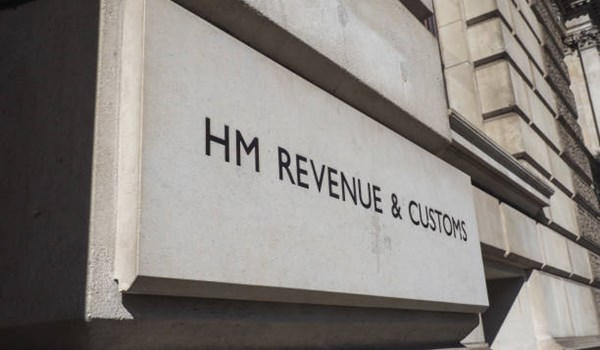In a significant move towards strengthening financial ties, Kuwait and the UAE have signed an agreement to prevent double taxation and tax evasion. The pact, signed at the 8th Arab Public Finance Forum in Dubai, is expected to create a favorable business environment and bolster regional economic growth by promoting cross-border investments.
In a significant stride towards strengthening financial ties, Kuwait and the United Arab Emirates (UAE) have inked an agreement to prevent double taxation on income and capital. The pact, signed on the sidelines of the 8th Arab Public Finance Forum held in Dubai, also aims to thwart tax evasion and avoidance.
A Milestone Agreement
The agreement was formalized by Kuwaiti Minister of Finance and Minister of State for Economic Affairs and Investment, Dr. Anwar Al-Mufadd, and UAE Minister of State for Financial Affairs, Mohammed Al-Husseini. This marks the first such agreement between the two countries, signaling a new era of economic cooperation and mutual understanding.
The double taxation avoidance agreement is expected to foster a conducive business environment by easing financial barriers for individuals or companies operating within the UAE. It is anticipated to fortify Kuwait’s economy and stimulate cross-border investments, thereby bolstering regional economic growth.
Combatting Tax Evasion and Avoidance
In the face of increasing international concerns over the misuse of tax agreements, this pact is a proactive measure to combat tax evasion. By establishing clear taxation policies, both nations aim to discourage unethical financial practices and promote transparency.
As per the agreement, the two countries will share relevant information to preclude tax avoidance. This collaborative approach underscores their commitment to upholding fiscal integrity and maintaining robust economic relations.
Pace with International Changes
This agreement aligns with global efforts to curb tax evasion and avoidance. By keeping pace with international changes, Kuwait and the UAE are reaffirming their dedication to responsible fiscal governance.
“This agreement reflects our shared vision of fostering economic development through mutual cooperation and respect,” stated Dr. Al-Mufadd at the signing ceremony. His counterpart, Al-Husseini, echoed these sentiments, emphasizing the importance of such agreements in today’s interconnected world.
With this landmark agreement, Kuwait and the UAE are not only safeguarding their respective economies but also setting a precedent for other nations in the region to follow suit.
As Kuwait and the UAE join forces to prevent double taxation and tax evasion, they are paving the way for a more transparent and prosperous economic future. This agreement, a testament to their commitment to international financial standards, is expected to encourage investment and bolster economic growth in both nations.
In an increasingly interconnected world, where the misuse of tax agreements poses significant challenges, this pact serves as a beacon of hope. It underscores the importance of cooperation and mutual understanding in fostering a fair and equitable global economy.



